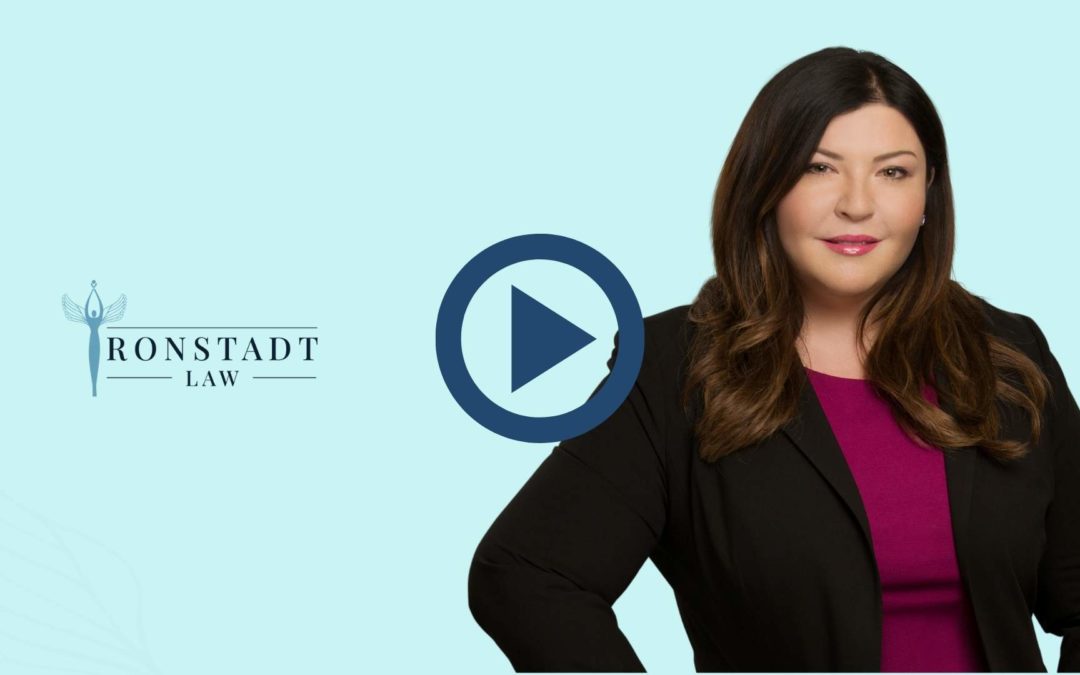How “Long” is Long-Term Disability?
One of the questions we get asked frequently is how long does long-term disability last? It is not a question with an easy answer, unfortunately – in terms of the physical disability, it could last for a lifetime – in terms of your insurance coverage, it could be anywhere from a handful of months to many years, or up to a particular age, such as Social Security Normal Retirement Age. It depends on your insurance policy terms and the nature of your illness or injury. Here’s everything you need to know about long-term disability.
Short-term vs Long-Term Disability
In the event that you become injured and unable to work, you are considered to be disabled. In the initial phase, immediately after the onset of your injuries, you will be ‘short-term disabled’ – this is the case even if it is obvious that your disability will last for a year or more. Most short-term insurance policies will cover you for three to six months (although this can vary), and pay in the region of 80% of your salary/earnings (this can vary, too). These policies are also typically significantly cheaper than a long-term policy as they do not pay out as much – or for as long – in the event of a claim.
On the other hand, long-term disability kicks in usually after the short-term period is over. So for a short term disability, you might expect to start getting your payout around two weeks after the injury, whereas, for a long-term policy, it will usually not start paying until after a longer eligibility period – in the interim, your short-term policy is covering the majority of your financial impacts.
Rather than ending after a few months, your long-term policy can last for years – insurance policies can provide disability coverage for two, five, 10 years, until retirement age, or even over your entire lifetime. The typical long-term disability policy also pays you between 50-70% of your gross earnings, so you will likely still need to make cutbacks or use savings to cover any shortfall.
Do I need long-term disability insurance?
To put it simply, yes. According to the Council for Disability Awareness (CDA), of today’s 20-year-olds, a little over 1 in 4 will become disabled before they reach retirement age. This means that over a quarter of the workforce will be unable to continue working, and yet still have the usual bills to pay – what would you do if your income suddenly stopped? You might have some savings, but is it enough for multiple years of outgoings? Insurance is the answer. Many employers provide coverage as a benefit of your employment – make sure you understand what LTD coverage is provided to you.
How long do I need coverage for?
That same CDA study shows that the average long-term disability lasts for just shy of three years – 34.6 months to be precise. So, the obvious advice would be to take out a policy that will give you coverage for as long as possible. . If your job or lifestyle carries a particularly high risk of longer disabilities, then you should consider those factors when you take out your coverage. Bear in mind that accidental injuries are not the only way you might be prevented from working – most disabilities actually stem from health issues or diseases (cancer, heart problems, autoimmune disease, musculoskeletal issues, etc). Your coverage should continue for as long as you are unable to work due to your illness or injury under the terms of your policy, up to the maximum period outlined in your policy.
What if my insurance company denies my claim?
Unfortunately, this is not a rare situation. Insurance carriers are well-known for trying any number of tricks or loopholes to get out of paying full benefits – a practice known as insurance bad faith. This can include approaches like overwhelming you with paperwork, requiring numerous medical checks, often by medical providers with no training in your conditions, and minimizing the effects of your disability – essentially stating that you should be able to work.
In some cases, insurance carriers have also been known to use covert surveillance to monitor you as you go about your daily life. In the case of a back injury, for instance, you might have a ‘good day’ and feel able to take a walk, or go shopping – this will then be used against you as evidence that you could be working, despite the fact that you have doctor statements that prove otherwise.
If you feel that your claim has been unfairly denied, stopped, reduced, or delayed, then you can take action. It may seem like a David and Goliath situation – you going up against the full legal might of a national insurance carrier, particularly while you are injured or unwell. That is why we are here – we are reputable disability attorneys, and we started our practice specifically to fight for the individual against these insurance companies. We relish the opportunity to make sure that insurance carriers are held accountable to the terms of the contracts that they have offered.
We always start with a 100% free, no-obligation consultation, so you have nothing to lose and everything to gain when you get in touch. You focus on your health, we’ll focus on getting you the money you deserve.







